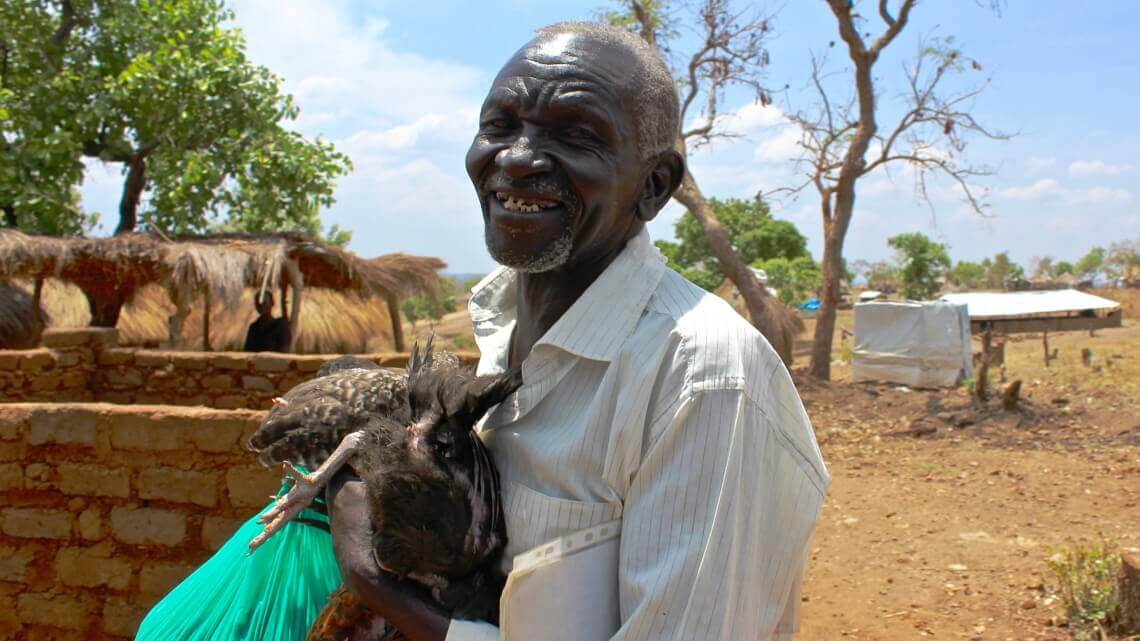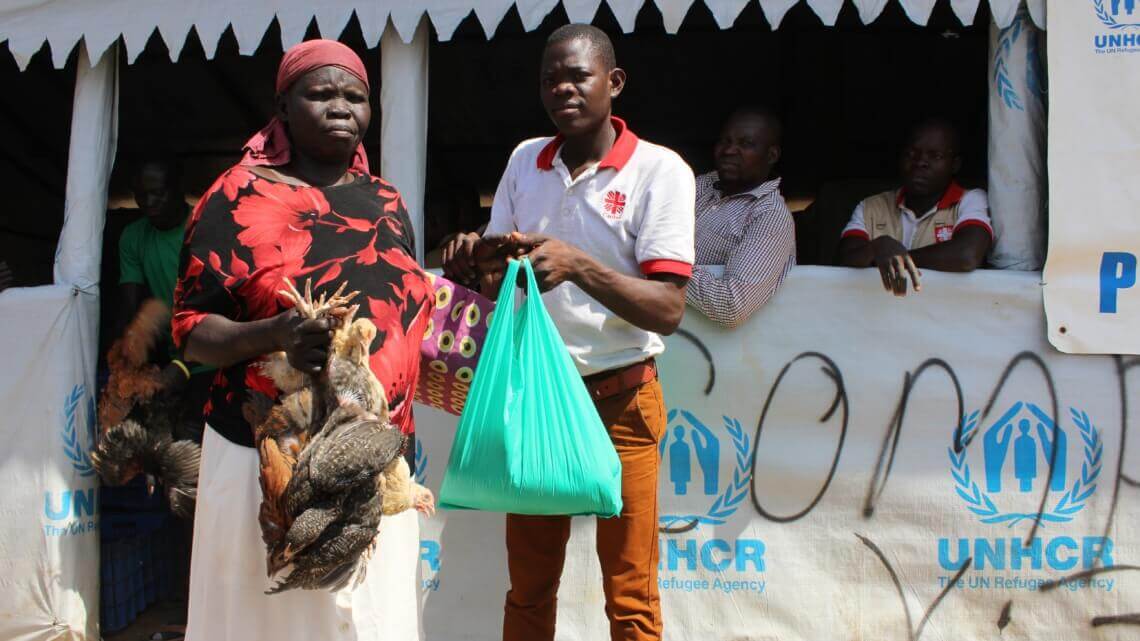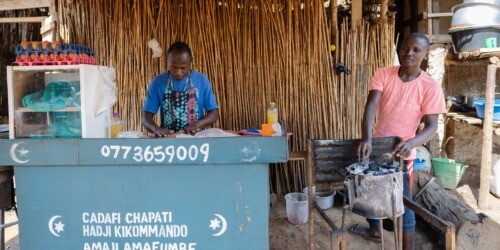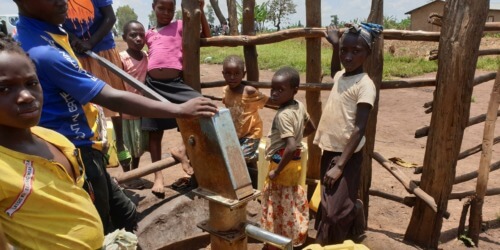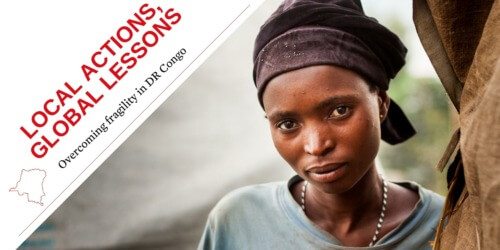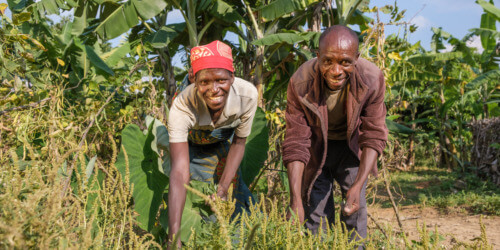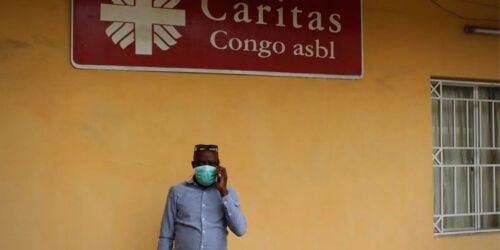Caritas Arua and Caritas International Belgium, with funding from the Belgian Government (DGD), have successfully distributed 12,000 chickens to 3,000 People with Special Needs (PSNs) in Bidi Bidi and Imvepi Refugee Settlements with plans to reach an additional 800 PSNs in the coming months.
The challenge of generating an income
“Before receiving the chickens, my family ate eggs maybe only once a month, but now every week”, Jospeh Moro said jokingly. “There is no money for buying eggs. No one has given us chickens before”. The 61-year-old man from Yei River State arrived in Bidi Bidi Zone 3 in May 2017, following a week-long journey from his home in South Sudan.
He says one of the biggest challenges his household of seven faces is generating income, but now that he has a set of four chickens (1 cock, 3 hens) he looks forward to selling the eggs his family doesn’t eat.
1 roster, 3 hens : a reliable source of money
3,000 people received a two-month-old rooster and 3 hens as well as 4kg of chicken feed to get them started. Those eligible for this intervention include the elderly, disabled individuals, pregnant mothers and women at risk.
Caritas selected the Kroiler breed of chicken developed in India due to its ability to adapt to harsh climates such as those in Northern Uganda’s refugee settlements and its potential egg laying ability which is significantly higher than any of the local breeds.
This project however isn’t just about chickens for the beneficiaries. It’s a chance at a life changing source of income in the settlement. Refugees in Uganda have very few opportunities to earn an income other than infrequent manual labor jobs and the selling of food rations which they use to purchase basic items such as soap, sugar, and cloths. Chickens however can provide a reliable source of money and with further investment the opportunity to start and grow a business.
Saving for another chicken
Esther Tabu, 62, from Yei River State has taken care of her four nieces and nephews since August 2017. They reached Bidi Bidi Zone 3 after a five-day journey on foot to the border.
In the past, Caritas provided seeds for her family and she believes that now she’ll be able to add eggs to the diet of the children. “But what I’m most happy about is the ability to sell the eggs. I will sell eggs until I save enough to buy another chicken”.
With all the children at home, Esther plans on using the chickens as a business. “There are a lot of children at home, all we eat is posho (maize porridge) and beans. We need money for other food.” With the kit of four chickens, Esther will now be able to invest in an income generating activity which in time will result in an increasingly diversified diet for her family.









